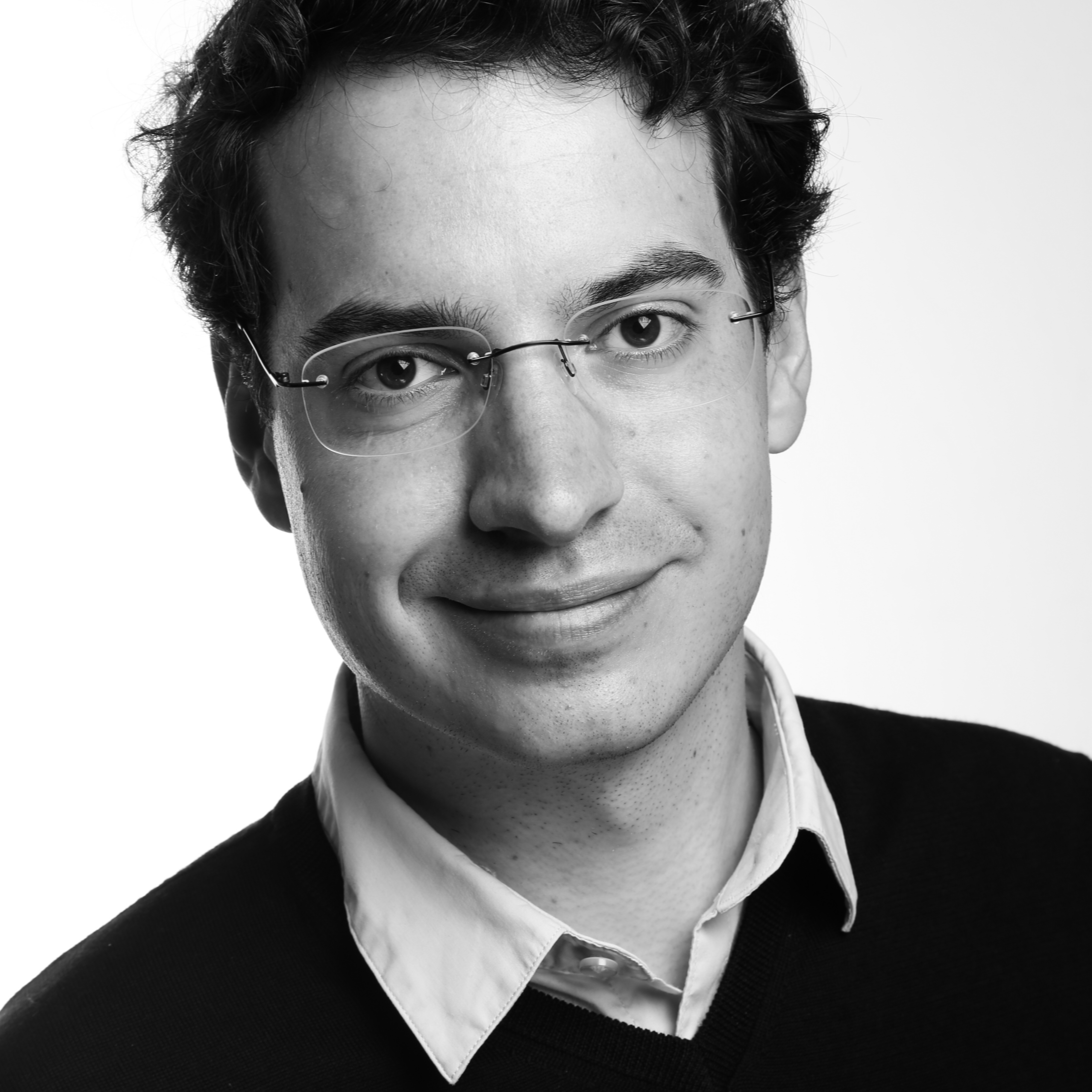< Projects

Quantum Law: The Legal Significance of Quantum Computing
The development of quantum technology and computation is set to profoundly impact future society. This project aims to explore the potential implications of this groundbreaking technology on our legal systems and how it might be harnessed within the legal framework.
Quantum technology, when combined with artificial intelligence (AI) and machine learning (ML), will be vastly faster and more efficient than today’s conventional computers. While this opens up a realm of new possibilities, it also introduces significant risks and challenges. For example, quantum computers could render current encryption methods obsolete, posing serious security concerns. Additionally, the increased efficiency of AI-driven processes means that any errors could have more severe and widespread consequences.
The project addresses three key questions:
- How will quantum technology influence legislation across different areas of law?
This includes examining how legal protections, such as privacy laws, might need to be adapted and determining where legal responsibility should fall if quantum technology leads to unintended consequences, particularly in sensitive areas like healthcare. - Can quantum computers be used to optimize legal dispute resolution?
The research explores whether quantum computing could be utilized to develop new models of legal argumentation or predict the outcomes of legal processes, potentially improving the efficiency and fairness of dispute resolution. - Could studying quantum technology deepen our understanding of the law?
The project also considers whether parallels can be drawn between the laws of quantum physics and state-made laws, offering new insights into the nature and function of legal systems.
Through these inquiries, the project aims to prepare the legal system for the challenges and opportunities presented by quantum technology, ensuring it is equipped to handle the complexities of this revolutionary field.
Start date: 1 January 2020
End date: 31 December 2024
Project type
MMW
Humanities and Art
Social Sciences
Law
Universities and institutes
Lund University
Project members

Valentin Jeutner
Associate Professor
Lund University

Seyedehoda Hosseiny
PhD student
Lund University

